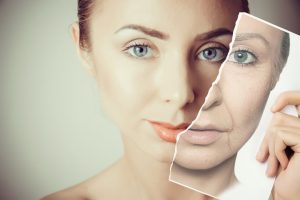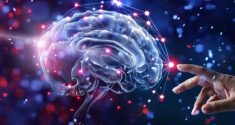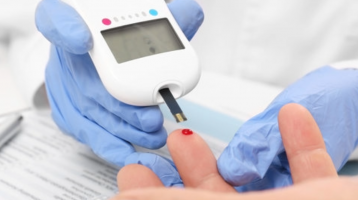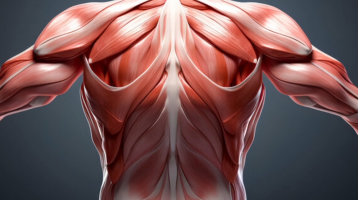We all know someone who seems to defy aging – people who look younger than their peers despite being the same age. What is their secret? Scientists at Osaka University (Japan) may have found a way to quantify that difference. By incorporating hormone (steroid) metabolic pathways into an AI-driven model, they have developed a new system that can estimate a person’s biological age – a measure of how well their body has aged, rather than just counting the years since birth.
With just five drops of blood, this new method analyzes 22 key steroids and their interactions to provide a more precise health assessment. The team’s groundbreaking study, published in Science Advances, offers a potential advance in personalized health management, enabling earlier detection of age-related health risks and tailored interventions.
New AI-Powered Model Enables More Accurate Determination of Biological Age
Aging is not just about the number of years we have lived – it is shaped by genetics, lifestyle and environmental factors. Traditional methods for estimating biological age rely on general biomarkers such as DNA methylation or protein levels, but these approaches often overlook the intricate hormonal networks that regulate the body’s internal balance. “Our body relies on hormones to maintain homeostasis. So we thought, why not use them as key indicators of aging?” says Dr. Qiuyi Wang, co-first author of the study. To test this idea, the research team focused on steroid hormones, which play a crucial role in metabolism, immune function, and stress response.

“Our approach reduces the noise caused by individual differences in steroid levels, allowing the model to focus on meaningful patterns,” explains Dr. Zi Wang, co-first author and corresponding author of this paper. The model was trained on blood samples from hundreds of individuals and showed that differences in biological age tend to widen as people get older – an effect the researchers compare to a river widening downstream.
Chronic Stress and the Aging Process
One of the most striking findings of the study concerns cortisol, a steroid hormone often associated with stress. The researchers found that when cortisol levels doubled, biological age increased by about 1.5 times. This suggests that chronic stress could accelerate the aging process at the biochemical level, highlighting the importance of stress management for long-term health maintenance. “Stress is often discussed in generalities, but our results provide concrete evidence that it has a measurable impact on biological aging,” says Professor Toshifumi Takao, one of the authors and an expert in analytical chemistry and mass spectrometry.
The researchers believe that this AI-powered biological age model could pave the way for more personalized health monitoring. Future applications could include early disease detection, customized wellness programs, and even recommendations for a lifestyle that slows aging.
Measuring and Slowing Down Biological Aging
Although the study represents a significant advance, the team acknowledges that biological aging is a complex process influenced by many factors beyond hormones. “This is just the beginning,” says Dr. Z. Wang. By expanding their dataset and incorporating additional biological markers, the researchers hope to further refine the model and gain deeper insights into the mechanisms of aging. With ongoing advances in AI and biomedical research, the dream of accurately measuring – and even slowing down – biological aging is getting closer. For now, the ability to determine “aging speed” with a simple blood test could be a breakthrough development in preventive health care.







